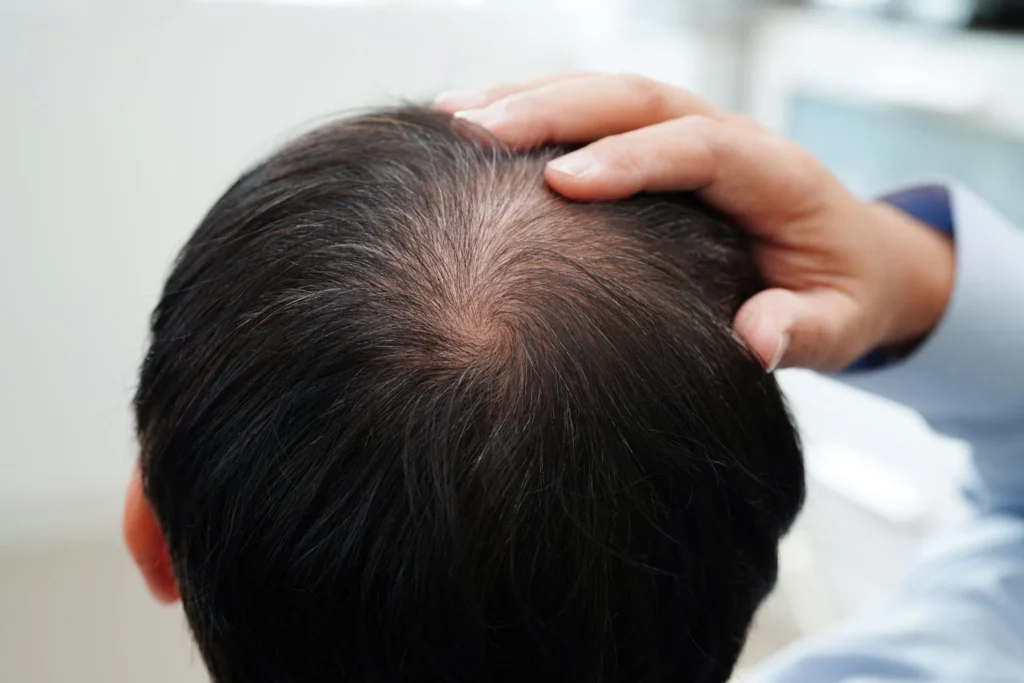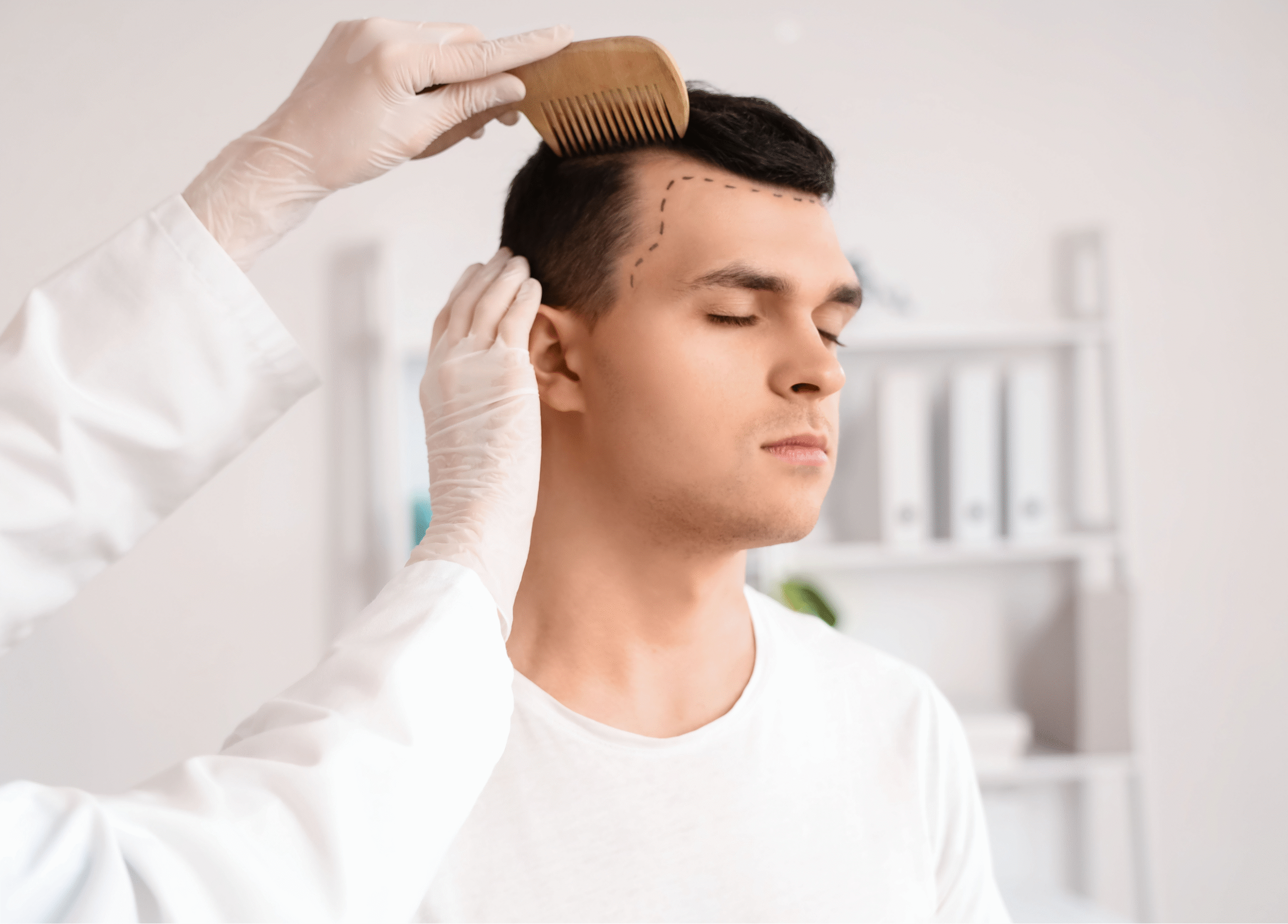How to Prepare Your Scalp Before A Hair Transplant

So, after years of contemplation, and trying various hair loss treatments in Singapore, you have finally made the decision to proceed with a hair transplant surgery and now you are wondering how you can prepare your scalp (and body) for the big day.
About Alaxis Aesthetics
Alaxis Aesthetics has been performing hair transplants for the past 18 years. My team and I brief our patients who are preparing for a hair transplant to start by taking care of their scalp. Proper scalp care before a hair transplant is imperative for ensuring a successful procedure and achieving optimal results. It not only prepares the area for surgery but also contributes to the overall health of your scalp and hair follicles.
In this article, I will be sharing some tips on how you can prepare your scalp before undergoing a hair transplant.
Why Scalp Care Matters
Before diving into specific steps, it’s important to understand why scalp care matters before a hair transplant:
- Healthy Environment: A clean and healthy scalp provides a better environment for the transplanted hair follicles to thrive.
- Reduced Risk of Infection: Cleansing the scalp reduces the risk of infection post-surgery, which can interfere with healing and may affect the outcome.
Steps to Prepare Your Scalp Hair Transplant:
- Consult a Qualified Specialist:
Before scheduling your, consult with a qualified and experienced specialist. He will assess the health of your scalp and recommend any necessary treatments or adjustments to your routine.
- Maintain a Healthy Scalp Care Routine:
- Regular Washing: Wash your hair and scalp regularly using a mild scalp shampoo to remove dirt, excess oil, and product buildup, creating a clean foundation for the transplant.
- Gentle Massage: Incorporate gentle scalp massage during washing to improve circulation and stimulate hair follicles.
- Avoid Harsh Products: Steer clear of harsh chemicals, strong shampoos, styling products with alcohol, and excessive heat styling, as they can irritate the scalp.
- Stay Hydrated and Eat a Balanced Diet:
- Hydration: Drink plenty of water to keep your scalp and hair follicles hydrated.
- Nutrient-Rich Diet: Consume a balanced diet rich in vitamins and minerals essential for hair health, such as vitamins A, C, D, E, and biotin.
- Avoid Smoking and Limit Alcohol Consumption:
- Smoking: Smoking restricts blood flow to the scalp, impairing healing and potentially affecting the success of the transplant.
- Alcohol: Excessive alcohol consumption can dehydrate the scalp and weaken hair follicles. Limit intake, especially in the days leading up to the procedure.
- Discontinue Certain Medications and Supplements:
Some medications and supplements can interfere with the transplant process or increase bleeding risks. Consult your Surgeon to determine if you need to temporarily discontinue any medications before the procedure.
- Follow Pre-Procedure Instructions Provided by Your Surgeon:
Your surgeon will provide detailed instructions tailored to your specific case.
Follow them closely to ensure your scalp is in the best possible condition before the transplant.
By following these steps, you will create an optimal environment for the transplant procedure, supporting the long-term health of your scalp and transplanted hair follicles.
Establishing a habit of good scalp care is essential not only for the success of the hair transplant surgery but also for the overall health and appearance of your hair in the future.





